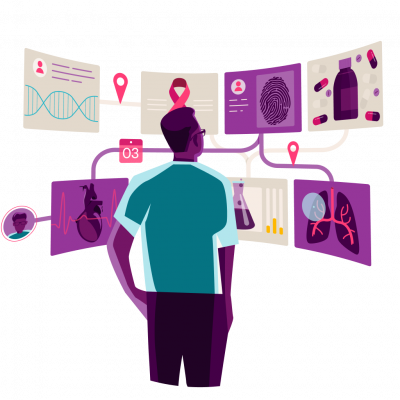Discover the latest news and views from Magentus

UKIO 2023 – ‘Synergy and symbiosis: Breaking down barriers in healthcare’ – will take place 5-7 June at the ACC Liverpool. Our team will showcase our solutions and join the conversations around cutting-edge, practice-based and multidisciplinary responses to healthcare needs.
IBMS Congress 2023 – ‘Linking learning to the laboratory’ – will be held September 25-28 at The International Convention Centre (ICC) in Birmingham. Our team will be joining the leading voices in biomedical science for the important showcase event.
The COSA Annual Scientific Meeting (ASM), Australia’s premier cancer meeting, will be held at Melbourne Convention and Exhibition Centre from November 1 to 3. Our team will join the multidisciplinary meeting with doctors, nurses, allied health professionals and scientists working in cancer care nationally and internationally.
"*" indicates required fields
"*" indicates required fields